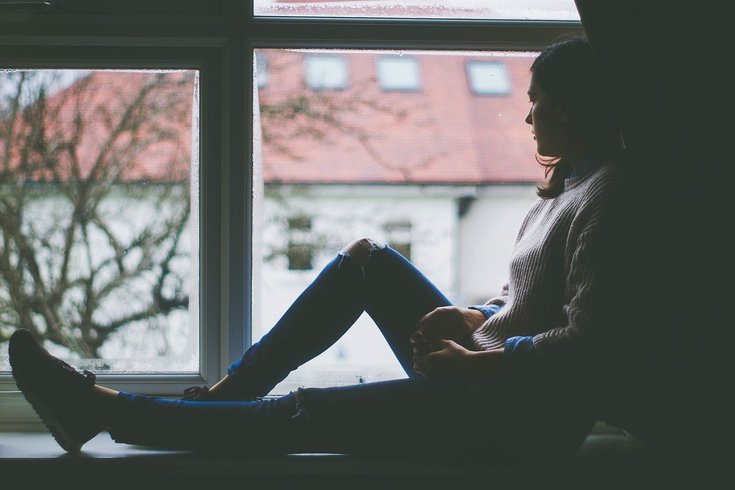
August 17, 2020
 Free-Photos/Pixabay
Free-Photos/Pixabay
One in four Americans aged 18-24 have considered suicide in the past 30 days, according to a new U.S. Centers for Disease Control and Prevention report.
A new report highlights the continuing need for mental health support amid the coronavirus pandemic, which shows no sign of ending any time soon.
Forty percent of American adults are struggling with mental health issues or substance abuse, according to the U.S. Center for Disease Control and Prevention's most recent Morbidity and Mortality Weekly Report. Of particular concern is the percentage of young adults having suicidal thoughts.
One in four Americans ages 18-24 considered suicide within the past month, according to a survey completed by 5,412 adults between June 24 and June 30. So did 16% of respondents ages 25-44.
Nearly 25% of adults ages 18-24 said they have started or increased substance abuse to cope with pandemic-related stress or emotions. About 63% reported having an anxiety or depressive disorder.
The situation was only marginally better among the next age group. About 40% of adults ages 25-44 had an anxiety or depressive disorder. About 20% had started or increased substance abuse.
The CDC also reported that 11% of all adults surveyed had suicidal thoughts in the previous month. Rates were highest among Blacks, Hispanics, unpaid caregivers of adults and essential workers. Compared to the same time last year, three times more Americans reported having symptoms of anxiety.
In the early days of the COVID-19 crisis, the fear and anxiety people reported feeling, especially during stay-at-home-orders, and the importance of access to mental health and addiction services was highly emphasized. The CDC and other experts said that this vigilance is still needed.
Though restrictions have been relaxed throughout the country, the mental health crisis hasn't abated, experts warn. The pandemic presents unique challenges to the nation's mental health because no one knows when it will end, and whether it will get worse before it gets better.
From money and health concerns to missing important time with loved ones, the mental health effects of the pandemic have been far-reaching. More community-level interventions and prevention efforts are needed, the CDC said.
On a personal level, sticking to a healthy diet, exercising regularly, getting a good night sleep and maintaining meaningful social connections are all especially crucial right now, experts said.
Some people have begun adopting quarantine bubbles — where they only socialize with one small group of family and friends — to combat loneliness while still mitigating the risk of contracting the SARS-CoV-2 virus.
People relying on technology to stay connected to loved ones should schedule time for in-depth conversations over the phone or video chat, experts said. They advised against letting social media serve as their only interaction with the outside world.
Vaile Wright, senior director of health care innovation for the American Psychological Association told CNN that people need to regularly check in with their families and friends. If someone stops engaging, she said, it's time to reach out to them.
"You can say things like 'I'm worried about you,' and ask if they're eating, sleeping and taking care of themselves," she said.